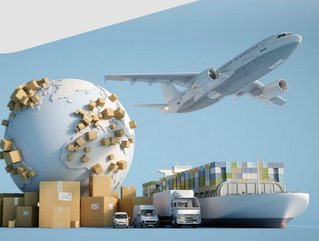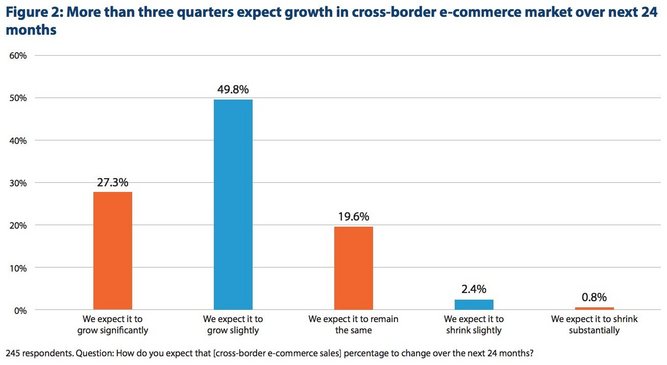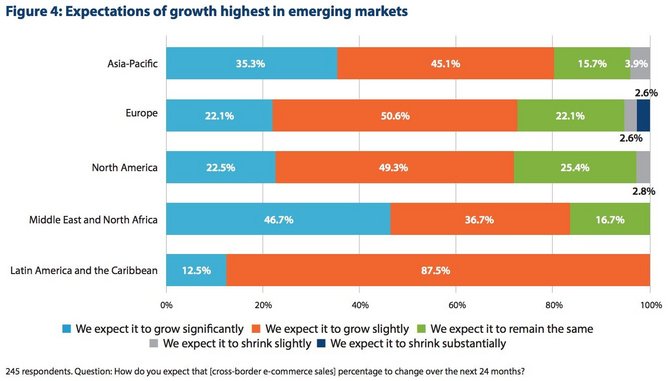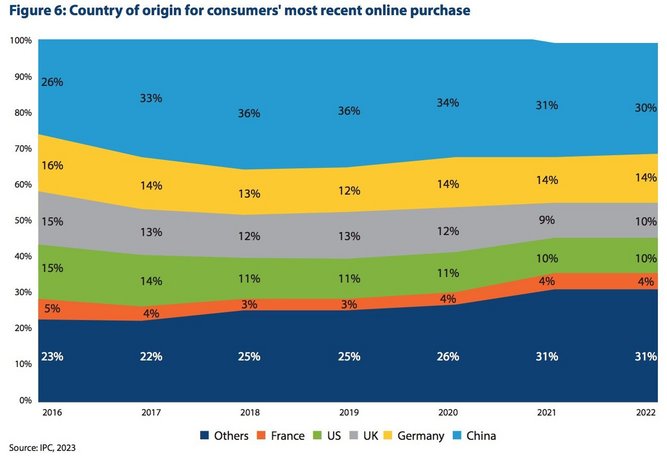Cross border e-commerce 'hobbled by faulty paperwork'

A Reuters Events report into cross-border e-commerce reveals that nearly all businesses experience delays due to incorrect documentation.
The report – The state of Cross-border e-commerce 2023-24 – shows that a staggering 94% of supply chain respondents say they encounter paperwork delays. Reuters says such delays are “hugely costly” because, second only to cost, global consumers value speed, convenience and reliability of deliveries.
E-commerce operations have expanded massively in recent years, following sky-high growth rates during the pandemic, and Reuters says “there is still huge momentum in the space that businesses are scrambling to take advantage of”.
“The opportunity is vast,” it continues, but adds that "so are the operational challenges”.
The global cross-border e-commerce market was worth US $824.9bn in 2021-2022 and is expected to expand by 18.67% by 2030.
The report explores roadblocks to smooth cross-border e-commerce, including delays caused by improper documentation or inaccurate classification of goods.
It was produced in partnership with Avalara, a company specialising in software for automated tax compliance.
Evan Wright, Senior Director of Cross Border Growth with Avalara, says in the foreword to the report that international e-commerce “has become an impossible-to-ignore force in global spending patterns”.
He adds: “While this massive opening of new markets has been a welcome revenue injection for many companies, fulfilling those demands has been, and remains, far from painless.
Conditions for cross-border e-commerce 'improving'
“The step-up from sales to domestic customers is considerable and this can create issues for sellers, shippers and buyers alike. Many are thrust into an unfamiliar world of compliance and customs duties, which can lead to higher costs and delays."
Wright says matters are improving due to a better global environment for cross-border e-commerce, underpinned by an increase in digitally-driven trade deals.
He adds that, alongside such international agreements, are “improvements and innovations at the organisational level”.
“There’s an increasing suite of digital tools and expertise are to help firms to navigate the complex world of international trade," he says. "Now, companies can draw on databases and automation to instantly understand the terms of trade, present these to the buyer and maintain a consistent pathway from seller to customer that minimises the costs of crossing borders. With this in mind, we are highly optimistic about the future.”









